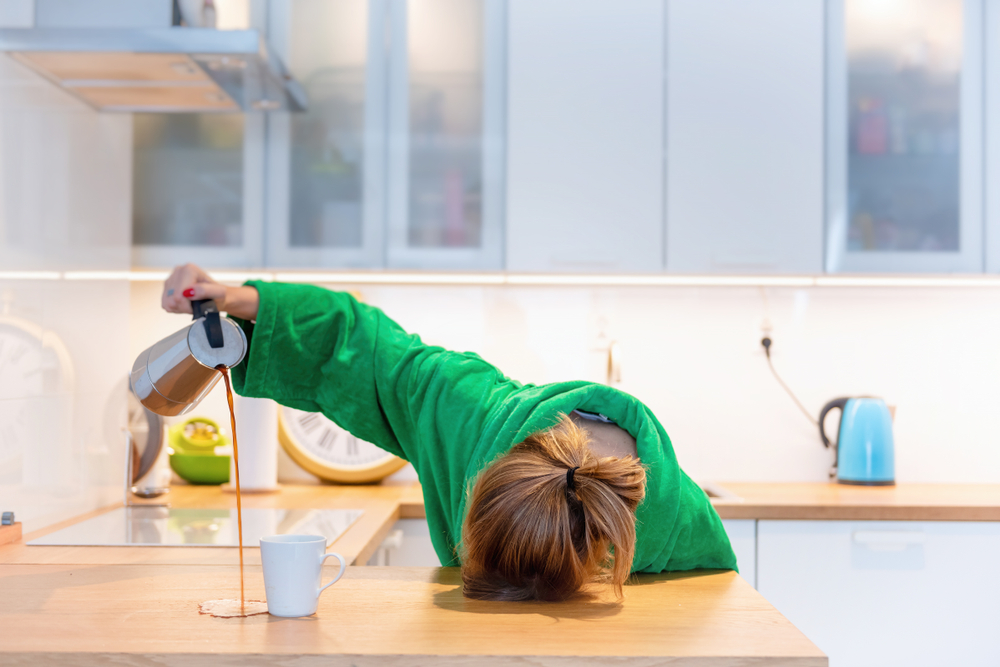Introduction
In a world where the pursuit of optimal health is more important than ever, understanding the intricate link between sleep quality and physical fitness is crucial. This article aims to shed light on how these two critical aspects of health influence each other, presenting a comprehensive overview for those seeking to enhance their well-being.
The Importance of Sleep
Sleep: More Than Just Rest
Sleep, often seen as mere downtime, is in fact a complex and vital process. It consists of several stages, including rapid eye movement (REM) and non-REM sleep, each playing a unique role in our health. During these phases, the body undergoes repair, memory consolidation, and hormonal regulation, all crucial for daily functioning.
A Pillar of Health
Sleep’s role extends beyond mere physical rest. It’s a cornerstone of overall health, impacting everything from cognitive function to emotional stability. Poor sleep can lead to a range of health issues, from obesity and heart disease to impaired mental health. Understanding its significance is the first step towards a healthier lifestyle.
For the next part, we’ll delve into “Physical Fitness: A Primer,” discussing what constitutes physical fitness and its importance. Then, we will explore the interconnection between sleep and physical fitness.
Physical Fitness: A Primer
Defining Physical Fitness
Physical fitness is not just about muscle strength or endurance; it’s a state of health and well-being. It involves various components, including cardiovascular endurance, muscle strength, flexibility, and body composition. Being physically fit means having the energy and strength to perform daily activities with ease and effectiveness.
Why Fitness Matters
The benefits of physical fitness extend far beyond an improved physique. It’s linked to reduced risks of chronic diseases, better mental health, and enhanced cognitive functioning. Regular exercise, a key component of physical fitness, is known to boost mood, reduce stress, and improve sleep quality.
Interconnection between Sleep and Physical Fitness
Sleep’s Impact on Physical Performance
Quality sleep is a powerful tool for physical fitness. It plays a crucial role in muscle recovery, injury prevention, and performance enhancement. Athletes with better sleep patterns tend to have improved reaction times, higher endurance levels, and reduced fatigue. Sleep deprivation, on the other hand, can lead to decreased coordination, slower reaction times, and impaired judgment.
Fitness and Its Influence on Sleep
Conversely, regular physical activity can significantly improve the quality of sleep. Exercise, especially when done consistently, has been shown to deepen sleep, reduce the time it takes to fall asleep, and minimize sleep disruptions. It’s a natural remedy for insomnia and other sleep disorders, helping to regulate sleep patterns and enhance sleep efficiency.
For the next part, we’ll focus on “Scientific Evidence,” summarizing key studies and findings that highlight the relationship between sleep and fitness. After that, we’ll offer practical tips for improving both sleep quality and physical fitness.
Scientific Evidence
Studies Linking Sleep and Fitness
Recent studies have provided compelling evidence about the sleep-fitness connection. For instance, a 2020 study in the Journal of Clinical Sleep Medicine found that regular exercise improved sleep quality and reduced the need for sleep medications in adults. Another research project, published in Sleep Medicine Reviews, highlighted that people with higher physical activity levels had fewer sleep complaints and greater sleep efficiency.
A groundbreaking study involving athletes demonstrated that extending sleep led to significant improvements in performance, mood, and alertness. These findings underscore the reciprocal relationship between sleep and fitness – each reinforcing and enhancing the other.
Practical Tips for Better Sleep and Enhanced Fitness
Improving Sleep Quality
- Establish a Regular Sleep Schedule: Go to bed and wake up at the same time every day, even on weekends.
- Create a Sleep-Inducing Environment: Ensure your bedroom is dark, quiet, and cool. Consider using white noise machines or earplugs if needed.
- Limit Exposure to Screens Before Bed: The blue light from screens can interfere with your sleep cycle.
Enhancing Physical Fitness
- Incorporate Varied Exercises: Combine cardiovascular exercises, strength training, and flexibility workouts for a balanced fitness regime.
- Set Realistic Goals: Start with achievable goals and gradually increase the intensity and duration of your workouts.
- Stay Consistent: Regularity is key. Aim for at least 150 minutes of moderate aerobic activity or 75 minutes of vigorous activity per week, as recommended by health authorities.
Conclusion
The intricate link between sleep quality and physical fitness is undeniable. Prioritizing both aspects can lead to significant improvements in overall health, well-being, and quality of life. By understanding this relationship and implementing strategies to enhance both sleep and fitness, individuals can unlock a healthier, more vibrant lifestyle.













